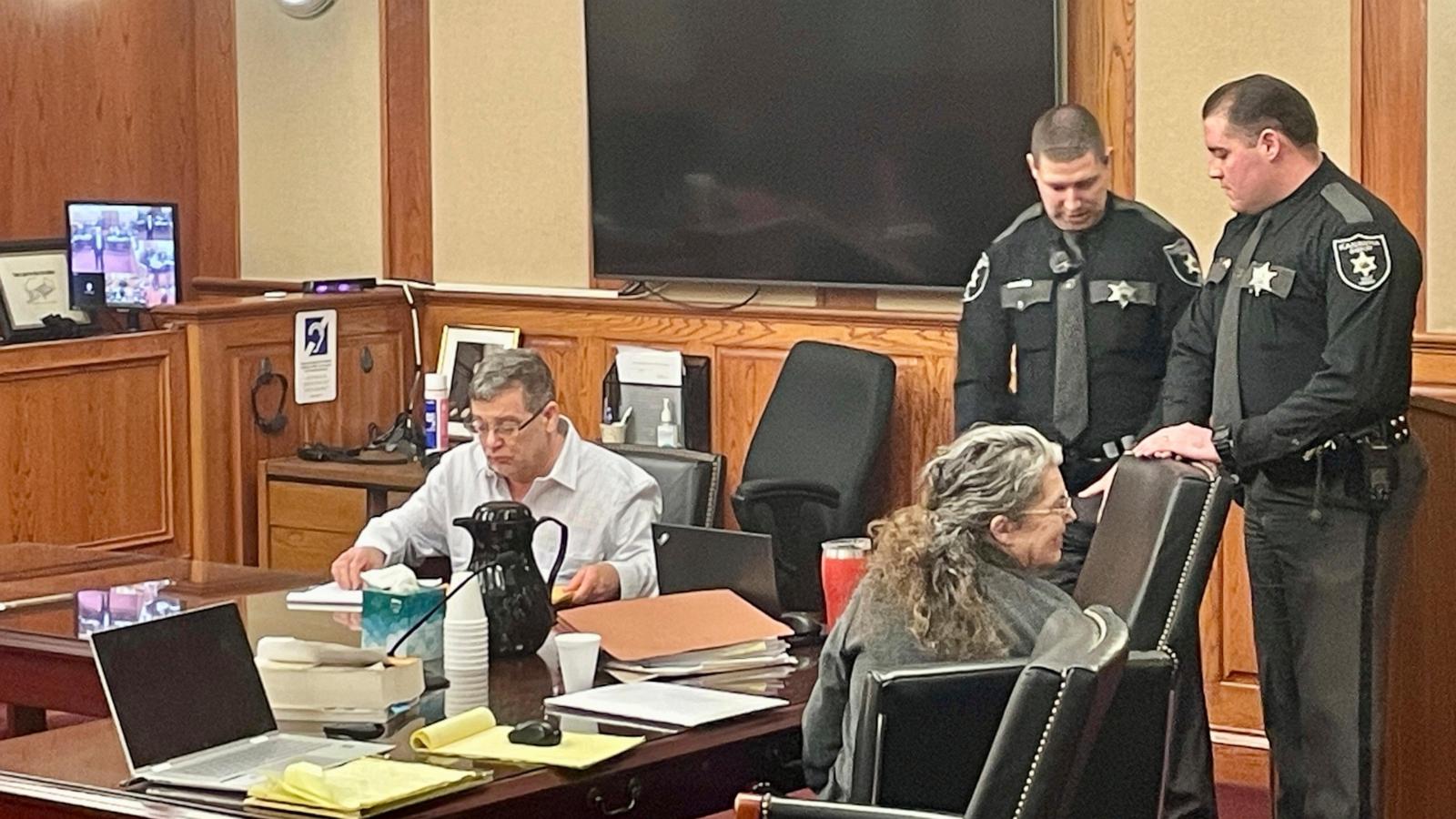West Virginia Couple on Trial for Child Abuse: Shocking Allegations of Forced Labor and Confinement
Get ready to be shocked. A West Virginia couple, Jeanne Kay Whitefeather and Donald Ray Lantz, are facing serious charges, including forced labor and human trafficking, after allegations of horrific child abuse surfaced. This isn't your typical neglect case; we're talking about four Black children allegedly subjected to a nightmare on their adoptive parents' farm. Prepare to be outraged as we delve into the disturbing details of this unfolding trial.
The Heartbreaking Testimony of the Victims
The trial has brought to light deeply disturbing allegations. The victims, four adopted Black siblings, recounted harrowing tales of forced farm labor, insufficient food, and alleged confinement. Imagine the sheer terror of being locked in a shed, only to find the key hidden and out of reach. The oldest daughter's testimony painted a bleak picture of restricted movement and constant hunger. She testified to the cruel schedule: peanut butter sandwiches served at specified times. But even when starving between meals, food was withheld.
A Shed Turned Prison? The Heart-wrenching Truth
While the defense claims the shed was a "teenager hangout," the daughter testified she never had a key and was locked in. This contradicts the testimony from the accused, Jeanne Kay Whitefeather, highlighting the dramatic discrepancies. Was it a recreational space for teenagers or a makeshift prison?
Deprivation and Neglect: The Everyday Reality for these Children
This case isn't just about one isolated incident; it unveils an ongoing pattern of alleged deprivation and neglect. This systematic neglect included alleged limited access to food and being forced into endless farm work, depriving them of their basic rights. The testimony painted a harsh reality of severe limitations on the kids' lives—a jarring contrast to a loving adoptive home.
The Accused: Denials and a "Teenager Hangout"
The accused, Jeanne Whitefeather and Donald Ray Lantz, have pleaded not guilty. Whitefeather took the stand, attempting to explain away the evidence. She described the shed as a "teenager hangout," claiming the children had access to keys and freedom of movement. However, this starkly contrasts with the harrowing testimony of the children. But what really happened?
Contradictory Statements: Key Evidence and Unanswered Questions
The case is a chilling game of he-said, she-said. What will the evidence prove? We now focus on how authorities found a key hidden out of sight atop a cabinet within the shed, further challenging the parents’ narrative of a free-flowing “teenager hangout.” These inconsistencies add weight to the shocking allegations.
A History of Movement and Adoption
The children's story takes unexpected turns, from moving across different states, to being adopted in Minnesota before moving again to the West Virginia farm, bringing another layer of complexity and hardship.
The Path to Justice: Will they be held accountable?
The case's implications far extend beyond this family. The accusations of human trafficking, civil rights violations, and gross child neglect trigger crucial conversations surrounding the safety and well-being of children within the adoptive system. This high-profile trial carries weight beyond the courtroom doors. A wide range of long tail keywords will focus this case beyond state boundaries.
A community's outrage and social justice discussion
Neighbors are reported to have called the police and authorities are fully investigating the systemic issue at hand; the trial will focus not only on individual criminal conduct but also on social justice themes, such as protecting vulnerable children from abuse.
Implications of child welfare and adoption oversight
The case also highlights the urgent need for improving checks and balances within child welfare systems; discussions surrounding stricter scrutiny and potential changes in regulations within the child adoption processes may well follow this shocking and significant case.
Take Away Points
- The trial of Jeanne Kay Whitefeather and Donald Ray Lantz exposes deeply troubling allegations of child abuse and neglect.
- Testimony from the victims paints a disturbing picture of forced labor, starvation, and confinement.
- The defense's counter-narratives clash sharply with the victims' accounts, creating critical discrepancies that form the heart of the legal debate.
- This case underscores crucial considerations surrounding child welfare, adoption practices, and racial bias.




